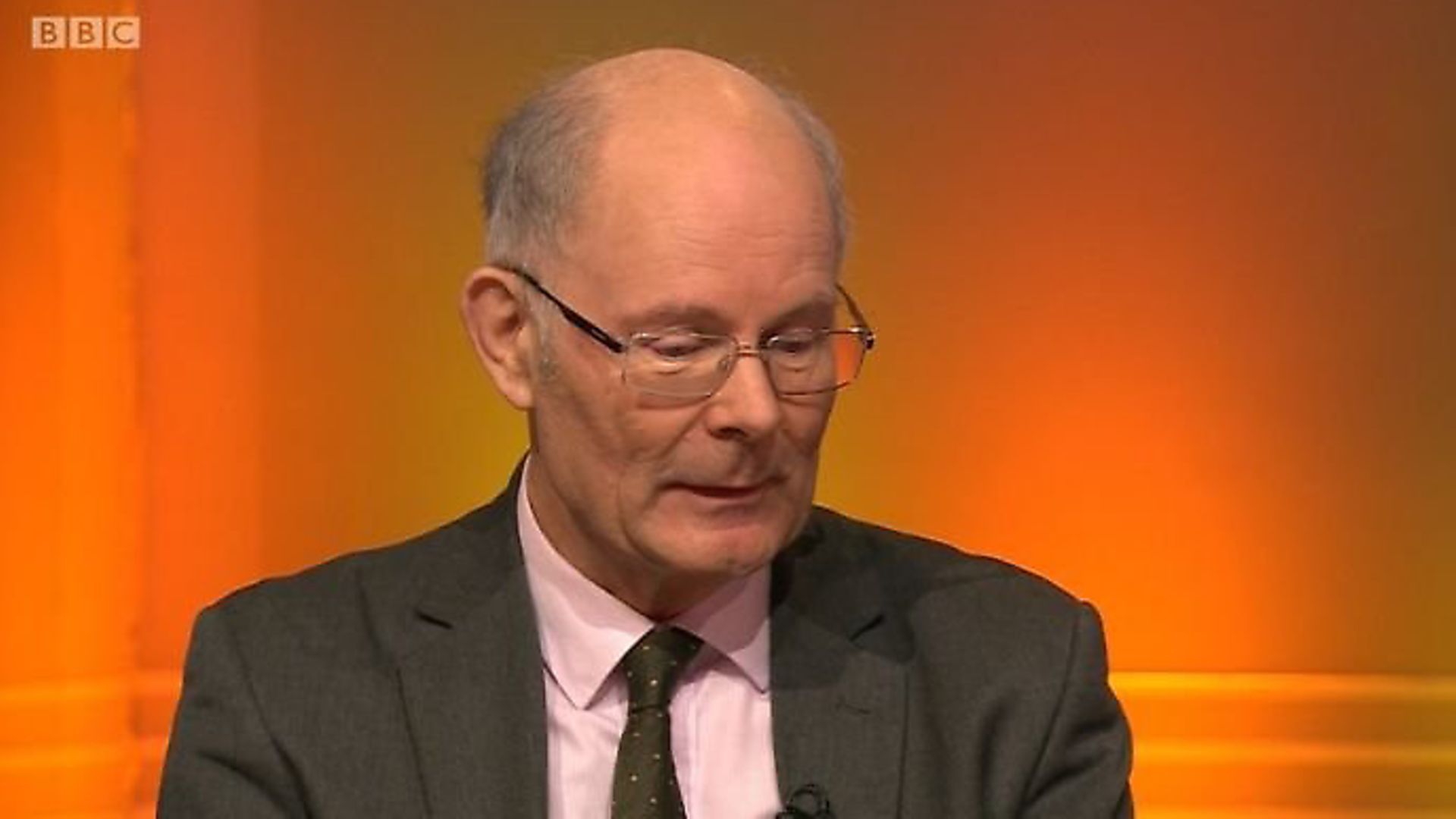
A polling expert has revealed the ‘pivotal’ moment that the UK appeared to start showing regret about the decision to leave the European Union.
Professor John Curtice, a professor of politics and one of the UK’s most respected experts on polling, was speaking at a UK changing in the EU event to mark four years since the referendum.
In explaining attitudes surrounding the referendum he pointed to numbers that showed the gap widening from 2016, where people thought the Leave vote was the wrong decision.
And he said that the ‘pivotal’ moment for demonstrating that was the 2017 general election where Theresa May lost her majority, which put the UK on an anti-Brexit trajectory.
He told viewers of a live web stream: ‘If we did change our minds at any point, the 2017 election was pivotal.
Have your say
Send your letters for publication to The New European by emailing letters@theneweuropean.co.uk and pick up an edition each Thursday for more comment and analysis. Find your nearest stockist here or subscribe to a print or digital edition for just £13. You can also join our readers' Facebook group to keep the discussion and debate going with thousands of fellow pro-Europeans.
‘It was not only pivotal in the history of Brexit in terms of parliament but it looks as though it was pivotal in balancing public opinion.
‘This was primarily because it helped instigate a shift of attitudes amongst those that did not vote back in 2016.
‘This did raise doubts about whether there was a majority in favour.’
Curtice pointed out that after this election that there was a ‘small but consistent’ lead for Remain in the country.
He said this meant it not clear whether the country was in support of Brexit by the time we left the EU on January 31.
Acknowledging a ‘small anti-Brexit majority’ since 2017, the professor said that he did not believe many who voted in the EU referendum had changed their minds.
But he said the significant shift was from those who did not vote in 2016. He explained that in 2016 ‘abstainers were slightly more likely to say they would vote Remain to say they would vote Leave but not dramatically so’, but on the other side of the 2017 general election ‘the abstainers are very clearly beginning to move in the Remain direction, and they remain consistently in that direction’.
Curtice added that the shifts between the initial vote and by the time Brexit Day took place ‘raises questions about the effectiveness of referendums as instruments of direct democracy, at least on a narrow vote’.









